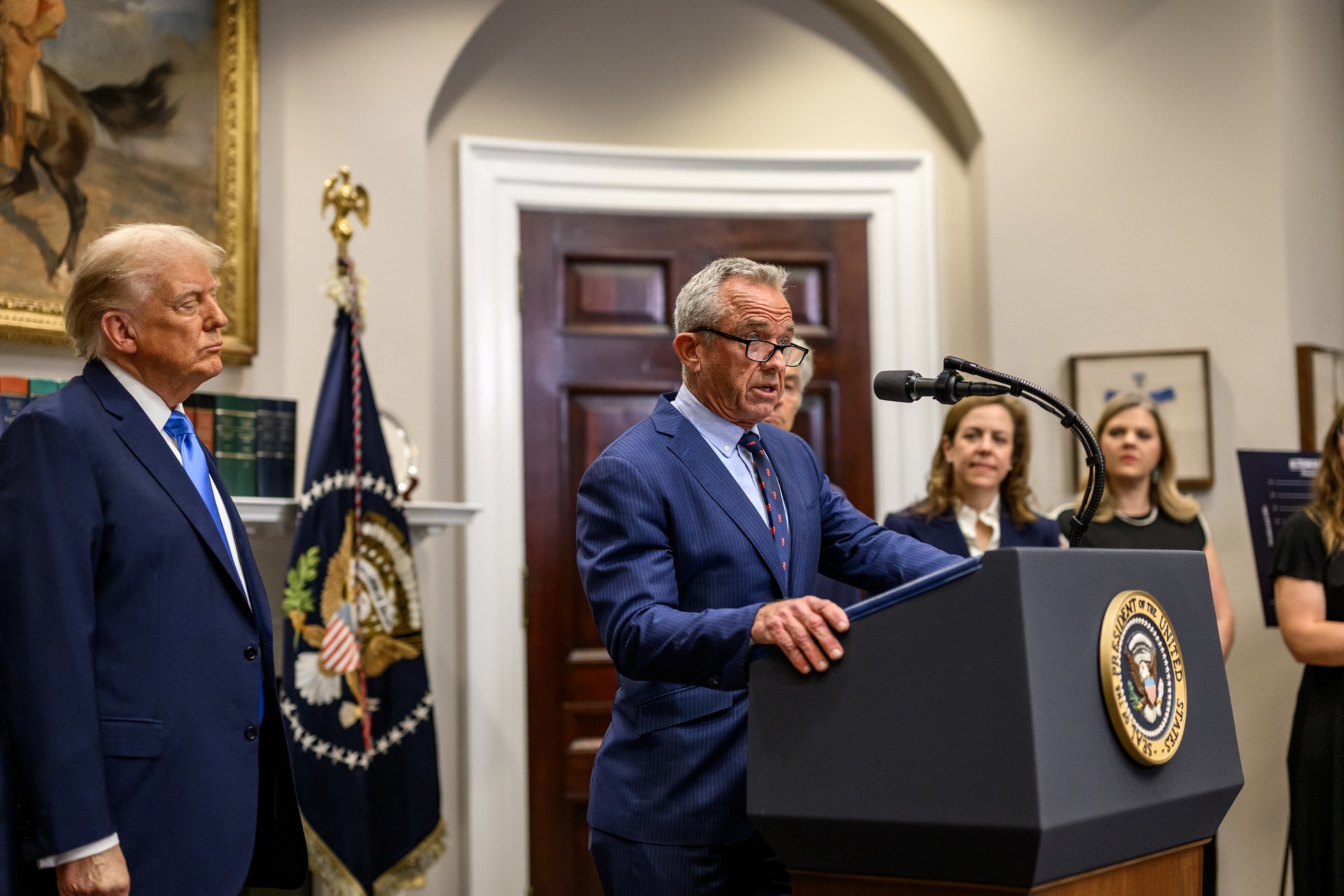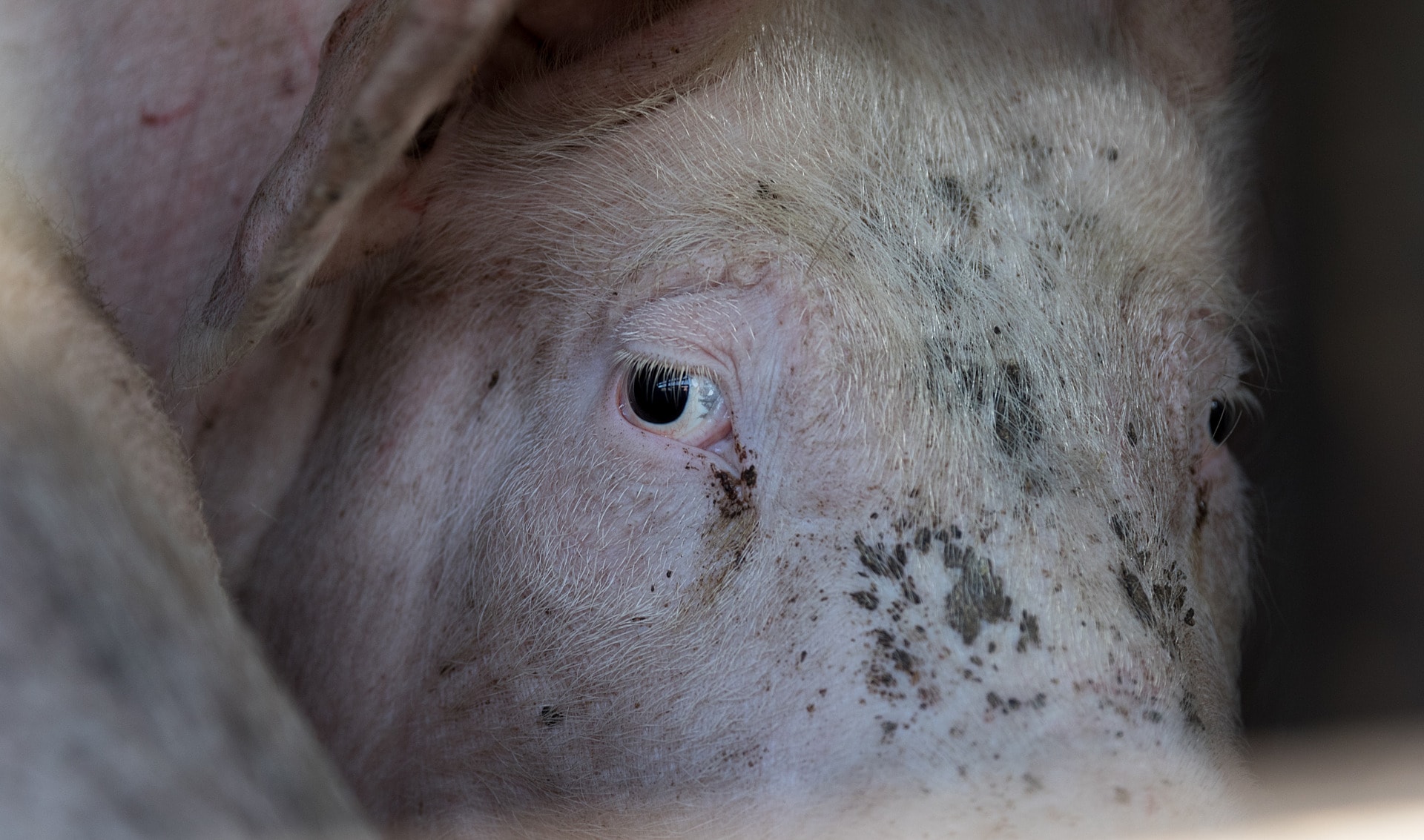Future pandemics could be more lethal than coronavirus, which proves the importance of learning lessons from the current pandemic, said one of the creators of the AstraZeneca vaccine.
Professor Dame Sarah Gilbert, a professor of vaccinology at the University of Oxford, and the leader of a team that created the Oxford/AstraZeneca, warned that the world will need to be better prepared for the next pandemic, arguing that “this will not be the last time a virus threatens our lives and our livelihoods.”
Speaking at the 44th Richard Dimbleby lecture, she further said that a future virus “could be more contagious, or more lethal, or both. We cannot allow a situation where we have gone through all we have gone through, and then find that the enormous economic losses we have sustained mean that there is still no funding for pandemic preparedness.”
Early in 2020, Gilbert first heard of deaths from a “pneumonia of unknown cause” in Wuhan, China. Within weeks, she and her team in Oxford had developed a vaccine in partnership with pharmaceutical giant AstraZeneca, and subsequently after trials, the vaccine was rolled out in the UK in December of the same year. The Oxford/Astrazeneca vaccine has now been rolled out across Europe and beyond, and aims to deliver 3 billion doses by the end of 2021.
Sarah Gilbert, one of the creators of the Oxford AstraZeneca vaccine said that future pandemics could be even more lethal than COVID-19 and that the world should make sure it is better prepared for the next virus https://t.co/Jb35mLIdMV pic.twitter.com/6PlUry172M
— Reuters (@Reuters) December 6, 2021
Gilbert argued in her speech that part of the reason why vaccines were developed so fast in response to the new disease was because they had been preparing for a long time for “Disease X”, a hypothetical disease that they saw as inevitable. Disease X, as a placeholder name, was in fact added to the list of dangerous diseases in 2018.
Her statement also comes as the coronavirus mutates once again, with the new Omicron variant believed to be more contagious – but possibly also less dangerous. Gilbert advised cautiousness when it came to the new variant, suggesting that we take steps to slow its spread.
The potential for more pandemics, and how we can learn from our mistakes
Future pandemics are likely, and as Professor Gilbert mentioned in her speech, experts had been raising the alarm about their potential long before the outbreak of COVID-19. However, these warnings largely went unheeded by most governments and officials, with the result being the virus spreading rapidly across the entire world, hospitals and huge losses of losses, with many hospitals overwhelmed with those suffering from the effects of the virus.
Those that did better were the ones who had more recently experienced similar outbreaks – for example, South Korea and China, who had been hit hard by the respiratory diseases SARS and MERS. Korea learnt from this experience by launching a robust track and trace system and ordering COVID tests as soon as they were able to.
Conversely in the UK, the government ignored scientific advice, understated the threat of coronavirus and pursued a controversial and medically unfounded “herd immunity” theory as domestic cases of the virus began to soar. Korea is a similar size geographically and has a similar population (and population density) to the UK, but where its deaths stand at just under 4,000, the UK’s total is almost 150,000.
Related Articles: Health Illiteracy – Why a Silent Epidemic Needs a “One Health” Approach | Coronavirus and the Rise of China | Health Threats: Can We Do Better in the Future?
Pandemics made more likely thanks to climate breakdown
Unfortunately pandemics are now more likely thanks to habitat destruction and climate change. Over recent decades, there has been an enormous increase in “zoonotic spillover”, in other words, diseases that pass between animals “spilling over” into the human population. It is estimated that around 60% of diseases spread among humans originate in other animals. While the origins of coronavirus are unknown, many experts believe there is a high chance it emerged from bats or pangolins.

Researchers studying a Canadian lake believe that glacial melt caused by climate change could increase the chances of spillover of viruses as one example of this. Another study suggests that climate change could increase the likelihood of the hendra virus, commonly spread by bats, to be spread to humans.
Other research suggests that rising temperatures and changes in climate, particularly in the tropics where COVID found it harder to replicate, could increase spillover and transmission of contagious diseases.
Another simpler and more obvious factor caused by climate change and habitat destruction, driven by deforestation, resource exploitation and intensive farming, is displaced animals entering into closer contact with humans, and therefore increasing chances for transmission.
Where do we go from here?
The total dead from coronavirus, at time of writing, stands at around 5.26 million deaths with 266 million currently infected, deaths being likely much higher given the prevalence of the disease worldwide. More cases and deaths will occur even if the Omicron variant does turn out to be less deadly, and the virus doesn’t look to be going away any time soon.
As a consequence, it is crucial that health experts and governments can learn and prepare for a future pandemic. But it’s clear that a fight against environmental degradation will also lessen our chances of new deadly diseases emerging. Hopefully this is another sign that we need to take environmental action more seriously.
The two most important questions coming out of this pandemic should be what lessons are to be learned, and how do we implement them as soon as possible to fight a future threat to global health.
Environmental action will have to be intertwined with this process. And a One Health approach – based on recognizing the full inter-dependence of human health with both the environment and animal health – appears to be the only sensible way to go.
Editor’s Note: The opinions expressed here by Impakter.com columnists are their own, not those of Impakter.com. — In the Featured Photo: Coronavirus virus. Featured Photo Credit: geralt.














